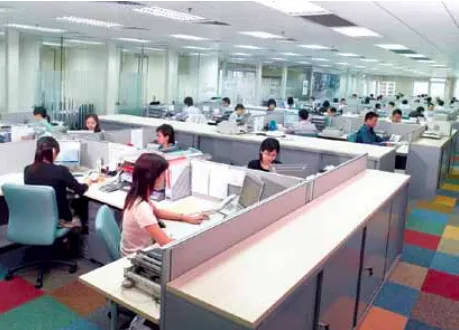
Singapore, Bangalore, Melbourne to lead office rental recovery in APAC
Rents are expected to grow by between 3.3% and 2.2% on average per annum for the next five years.
Over 2020-2022, Colliers expects aggregate new office supply of 17 million sq metres across its nine core APAC markets – Shanghai, Beijing, Tokyo, Hong Kong SAR, Singapore, Bangalore, Sydney, Melbourne, and Auckland. This is the highest level of supply of any three-year period from 2007 onwards.
Supply should jump in H2 2020 in Shanghai, Beijing and Bangalore, while Tokyo stays firm. Supply should be low in Sydney but high in Melbourne, and is set to rise in Auckland. From 2022, supply in Shanghai should ease, but stay high in Bangalore. In Australia, Sydney CBD’s supply pipeline still looks robust over the medium term.
Colliers expects aggregate vacancy in our nine core markets to rise from 9.1% at end-2019 to a peak of 14.0% at end-2022 before easing.
Here's more from Colliers:
Pressure on rents now less than in GFC
Weighted average net effective rents in the nine core markets fell 44% over the GFC. They remain below pre-GFC levels because rents in Tokyo (30% of occupied office stock) have not reached pre-GFC peaks, while lower-rent markets like Bangalore now have a greater share of total stock than in 2007.
So far in 2020 we have seen landlords hold asking rents steady, but increase incentives and offer greater rent-free periods, depressing effective rents.
From the recent peak at end-H1 2019, we expect weighted average net effective rents in the nine core markets to drop by 12% YOY. Hong Kong, Shanghai and Sydney CBD are under notable pressure, but Tokyo and Bangalore are more stable. We expect recovery in weighted average rents from 2022 onwards.
Popular cities will have higher rent growth
Looking ahead, Singapore, Bangalore, Melbourne CBD and Auckland should lead rental recovery with rents likely to grow by between 3.3% and 2.2% on average per annum for the next five years.
Rental growth in the other core markets should be weaker. We expect Hong Kong SAR, Shanghai and Beijing to show negative five-year average rental growth.
During recession, it is common to see a “flight to quality,” as tenants are often able to upgrade their office accommodation with limited impact on the bottom line. This trend could bode well for Grade A occupancy. In the short term, we expect to see an increase in renewals as tenants seek to “blend and extend” their current lease obligations and ride out the pandemic.


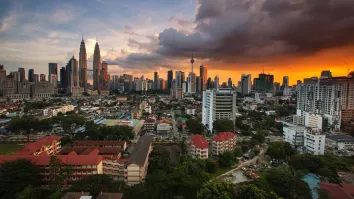



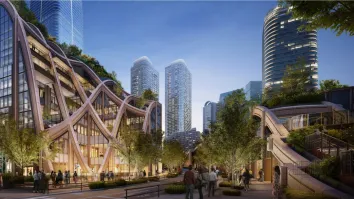
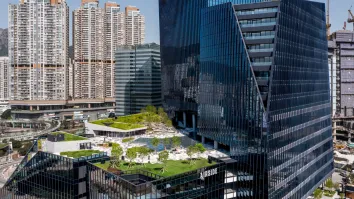

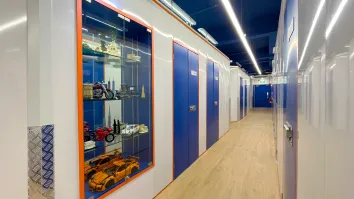




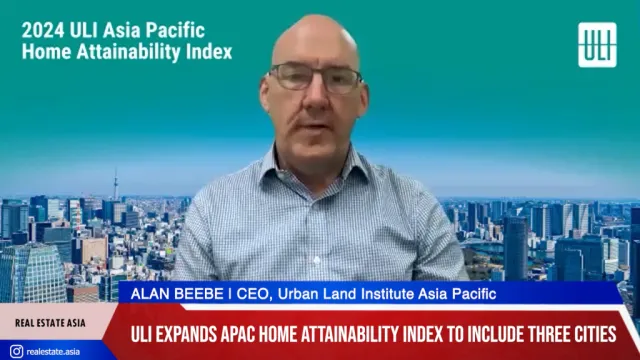

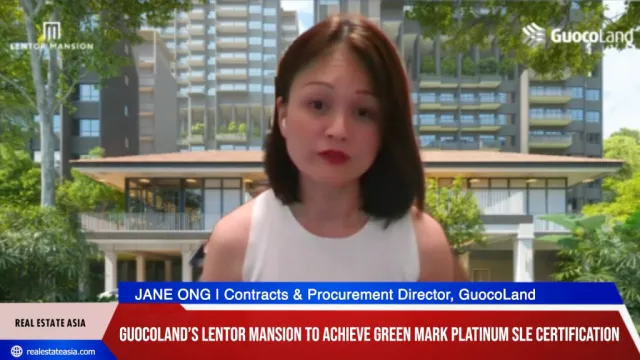


 Advertise
Advertise






